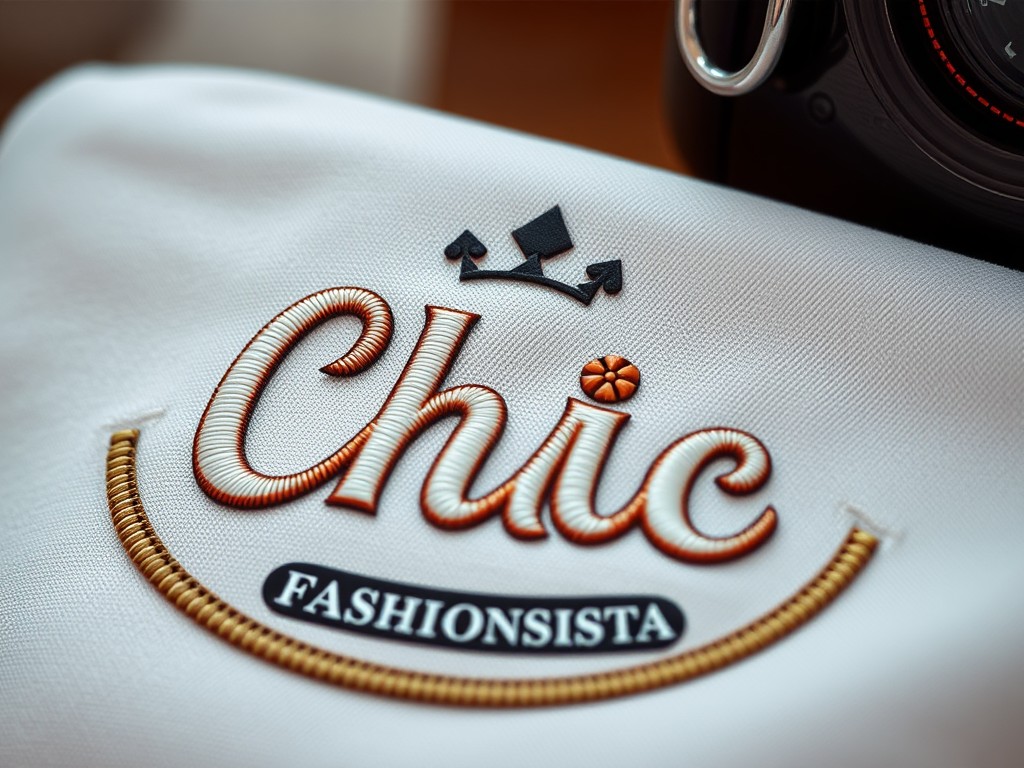The Environmental Benefits of Organic Cotton
Switching to organic cotton delivers numerous environmental advantages. By reducing the use of harmful chemicals in farming practices, it promotes a healthier ecosystem. Conventional cotton farming typically relies heavily on chemical pesticides and fertilizers, which can be detrimental to the environment by causing soil degradation and water pollution. In contrast, organic farming uses natural alternatives, maintaining the soil’s health and encouraging biodiversity.
The focus on biodiversity preservation is another significant benefit. Organic cotton cultivation encourages wildlife by creating a habitat-friendly environment. It enhances soil fertility, reduces erosion, and boosts resilience against pests. Sustainability is a key aspect, as organic methods involve crop rotation and cover crops to maintain soil vitality over time.
This might interest you : Ultimate guide to seamlessly organizing your makeup collection for quick and easy access
Lower water consumption is an additional advantage of organic cotton. Conventional cotton farming is often water-intensive, exacerbating water scarcity issues in vulnerable regions. Organic cotton requires less irrigation, relying more on rainwater, which conserves freshwater resources and reduces the environmental footprint.
Through these environmentally considerate practices, organic cotton not only supports the ecosystem but also aligns with broader sustainability goals, offering a more harmonious way to produce fabric compared to its conventional counterpart.
Also to read : Revitalize your sleep oasis: create the perfect atmosphere for restful nights and radiant mornings
Health Advantages of Organic Cotton
Organic cotton offers several health benefits, especially for individuals with sensitive skin and allergies. Its natural production process omits synthetic pesticides and fertilizers, making it inherently hypoallergenic. Fabrics made from organic cotton are less likely to irritate the skin, and they provide a safer alternative for those prone to allergies.
The absence of harsh chemicals in the cultivation of organic cotton enhances its skin-friendly properties. This allows for fabrics that feel softer and more comfortable when worn, which is beneficial for people dealing with dermatitis or eczema. With organic cotton, clothing is not only gentler on the skin but also more breathable, allowing for better air circulation and reducing the risk of overheating or sweating excessively.
Additionally, the environmental benefits of organic cotton contribute to its health advantages. By supporting practices that are better for the planet, such as lowering the use of harmful chemicals and maintaining biodiversity, the overall ecosystem becomes healthier. This, in turn, reduces pollution and promotes cleaner air and water, indirectly benefiting human health by contributing to a cleaner living environment. These holistic improvements make organic cotton an excellent choice for those looking to prioritize both personal wellness and environmental responsibility.
Market Appeal of Sustainable Fashion
The surge in consumer trends towards sustainable fashion is undeniable. An increasing number of consumers are gravitating toward ethical fashion, driven by a growing awareness of environmental issues. This shift has led to heightened market demand for products that adhere to ethical and sustainable standards. Modern buyers are not only more informed but are actively choosing to support brands that embody these values.
The role of certifications in this context cannot be overstated. Labels and certifications act as assurances, guiding consumer purchasing decisions. When a product is certified organic, it resonates with conscious shoppers seeking transparency and authenticity in their purchases.
A noteworthy example is the case studies of brands such as Patagonia and Eileen Fisher. These companies have successfully incorporated organic cotton into their lines, effectively aligning their practices with environmental goals. By doing so, they capture the interest of environmentally conscious consumers who value sustainability over conventional fashion choices.
The emphasis on sustainable materials is reshaping the fashion industry, with organic cotton acting as a flagship for change. This evolving landscape highlights how sustainability is increasingly becoming a core component of the market appeal in fashion.
Sourcing Organic Cotton
Sourcing organic cotton involves a transparent and sustainable supply chain. Identifying reputable suppliers is paramount. These suppliers adhere to international certifications, ensuring environmental and social responsibility. Certifications like GOTS (Global Organic Textile Standard) or OEKO-TEX guarantee adherence to stringent sustainability and quality standards. It’s essential to verify these certifications when selecting partners.
Understanding these certifications and standards empowers brands to make informed decisions aligned with ethical practices. They provide assurance of organic authenticity, reducing the risk of greenwashing. Building partnerships within the organic cotton community fosters collaboration. These relationships enhance access to reliable suppliers and shared goals of sustainability.
An effective supply chain emphasizes transparency to allow traceability back to the source. This approach builds consumer trust and loyalty. Transparency in supply chains is not just a trend; it’s a necessity for securing consumer confidence and demonstrating commitment to ethical fashion.
Finally, collaborating for sustainable growth entails working together with farmers, suppliers, and fashion brands. Shared values and goals create a supportive network for advancing the use of organic materials. By prioritizing these practices, the fashion industry can collectively drive meaningful changes towards more sustainable production methods.
Incorporating Organic Cotton into Fashion Lines
Incorporating organic cotton into fashion design involves a careful blend of creativity and environmental consciousness. With the rising emphasis on sustainability, designers are exploring innovative ways to utilize organic cotton in their product development.
One key approach is to focus on innovative design ideas that integrate the unique properties of organic cotton. This includes experimenting with various weaves and textures to create appealing fashion items that stand out while supporting the eco-friendly ethos. Many designers are finding ways to balance style and sustainability, ensuring their offerings are fashionable yet conscientious.
Furthermore, consumer education plays a significant role. By informing customers about the benefits of organic fabrics, brands can cultivate a more informed, ethically mindful customer base. Explaining how organic cotton usage not only supports environmental goals but also enhances wearability through comfort and breathability encourages consumers to make informed choices.
To enhance the alignment of style with sustainability, the fashion industry continues to innovate with organic cotton. Through creative product development and effective communication with consumers, brands can expand their lines with garments that are both stylish and eco-friendly, solidifying organic cotton’s place in modern fashion trends.
The Future of Organic Cotton in Fashion
The fashion industry is increasingly embracing sustainability, with a notable shift towards organic cotton as a staple material. This trend is expected to continue, driven by evolving consumer preferences and heightened awareness of environmental benefits.
Predicting Growth: The demand for organic cotton is set to rise as consumers become more environmentally conscious. This shift is bolstered by increased legislation aimed at promoting sustainable practices within the industry. These regulatory measures not only encourage sustainable production but also provide incentives for brands to adopt organic materials.
Moreover, industry outlooks suggest that future trends will heavily favour organic cotton as the primary choice for eco-friendly fashion. As fashion trends evolve, there is a growing preference for materials that align with personal values, leading to a marked shift in consumer purchasing behaviour.
Shaping the Industry: To align with these trends, brands must innovate by integrating organic cotton into diverse fashion lines. This integration will not only meet consumer demands but also champion sustainability in fashion. Brands that capitalize on this opportunity by investing in organic materials and innovative designs stand to gain a competitive edge, reshaping the fashion landscape with sustainable choices.











